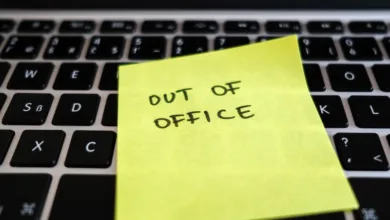La SSR réduit sa participation à SwissMediaCast au profit de radiodiffuseurs privés

La SSR a, comme annoncé, vendu une grande partie de ses actions SwissMediaCast (SMC) à des radiodiffuseurs privés. Cela offre ainsi la possibilité à un plus grand nombre d’entre eux d’avoir une participation dans SMC.
SwissMediaCast AG conçoit, développe et exploite ses propres réseaux de radiodiffusion pour la nouvelle radio numérique standard DAB+ en Suisse alémanique. Elle gère également la distribution des programmes radio pour les radiodiffuseurs privés et de certains programmes de la SSR. La SSR était jusqu’à présent actionnaire à 29 % de SMC AG. Elle a annoncé en 2016 qu’elle était prête à réduire considérablement sa part d’actions afin de permettre à de nouveaux radiodiffuseurs privés d’avoir une participation dans SMC. Le rachat des actions au prix nominal a eu lieu ce mois-ci.
Les acquéreurs des actions SMC de la SSR sont: Zürichsee Medien AG, Radio Ostschweiz AG, Radio Pilatus AG, Radio 32 AG, Radio Sunshine AG, Radio Top AG, ERF Schweiz et Radio Eviva AG. La part d’actions SMC de la SSR s’élève désormais à 10 %.
Jürg Bachmann, président de l’Association suisse des radios privées (ASRP), concernant le rachat d’actions SMC par des opérateurs privés: «Le passage des OUC au DAB+ est un processus qui concerne l’ensemble de la branche et auquel participent aussi bien la SSR que les radios privées. Je me réjouis que la SSR offre la possibilité à d’autres membres de la VSP d’avoir une participation dans ce diffuseur.»





